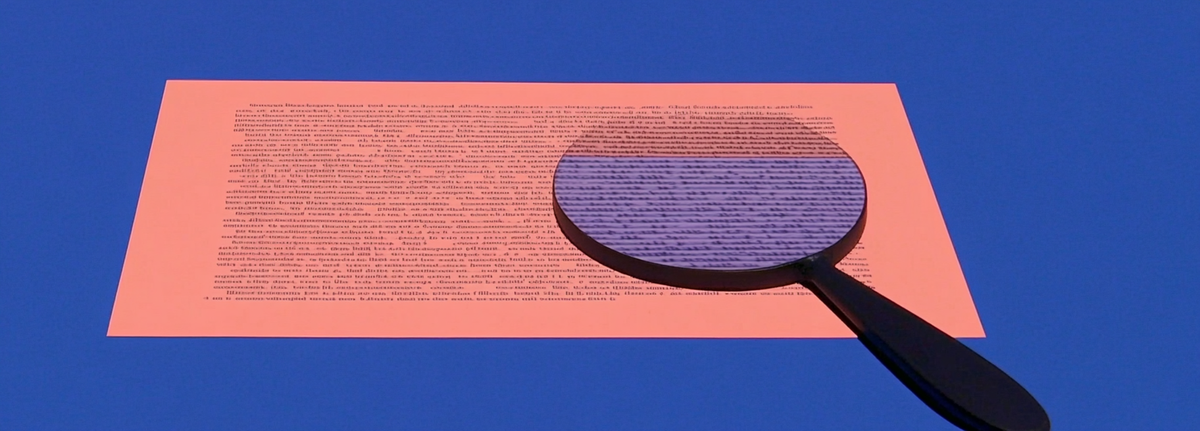A power of attorney is a vital legal tool that grants someone the authority to act on another’s behalf in financial, medical, or personal matters. It provides flexibility and safeguards for individuals who may be unable to manage their affairs due to illness, age, or other circumstances. However, many people wonder what happens to this authority when the person who granted it passes away.
Understanding the limits of a power of attorney is crucial, especially when it comes to its validity after death. While it serves as a powerful document during a person’s lifetime, its role changes significantly once they are no longer alive. Knowing these legal boundaries helps prevent confusion and ensures proper handling of the deceased’s estate.
Understanding Power Of Attorney
Power of attorney (POA) is a legal document granting an individual the authority to act on behalf of another in specific matters. Its scope, duration, and purpose vary based on the type and terms outlined.
What Is Power Of Attorney?
Power of attorney allows a designated agent to make decisions or manage affairs for the principal, who is the person granting authority. Common uses include handling financial transactions, managing property, or making medical decisions. The agent’s powers depend on the document’s provisions but always remain subject to the principal’s preferences and legal limitations.
The principal must have mental capacity when granting a POA. If the principal becomes incapacitated, a durable power of attorney continues to function while a standard POA becomes invalid. A POA automatically ends when the principal dies, as its authority only applies during their lifetime.
Types Of Power Of Attorney
Different types of POA address varying needs:
- General Power Of Attorney: Empowers the agent to handle a wide range of financial and legal matters, such as managing bank accounts or conducting real estate transactions.
- Special/Limited Power Of Attorney: Restricts authority to specific actions, like selling a property or attending a legal proceeding.
- Durable Power Of Attorney: Remains valid even if the principal becomes incapacitated, commonly used for long-term planning.
- Springing Power Of Attorney: Activates only when specific conditions occur, such as the principal’s incapacitation.
- Medical Power Of Attorney: Grants authority to make healthcare decisions on behalf of the principal, typically in situations involving serious illness or incapacity.
Each type serves unique purposes and should be chosen based on the principal’s circumstances and preferences.
Does Power Of Attorney End Upon Death?
A power of attorney (POA) grants authority to act on behalf of the principal during their lifetime. This authority legally terminates upon the principal’s death, regardless of the type of POA.
Legal Framework Surrounding Power Of Attorney
The legal framework governing POA enforces clear limitations on its authority. Under most jurisdictions, the POA’s validity aligns strictly with the principal’s lifetime, per state laws and legal precedents. Once the principal dies, the appointed agent no longer has legal powers.
An agent’s authority under a POA doesn’t extend to handling the deceased’s estate. Instead, the executor or court-appointed administrator assumes responsibility for matters like asset distribution or debt settlement. POA documents often include clauses stating their termination upon death, reinforcing these provisions.
What Happens After The Principal’s Death?
Upon death, the POA ceases immediately, and the agent’s responsibilities end. The deceased’s estate is overseen by an executor if a valid will exists, or an administrator if the estate requires probate. The executor or administrator must be formally assigned through a court process to carry out their duties.
All financial institutions, government agencies, and service providers recognize only the court-appointed fiduciary, not the POA agent, after death. Without proper authorization, any transactions initiated by the agent become legally invalid. Executors or administrators must provide certified death certificates and letters of administration to access the estate under legal authority.
Responsibilities Of The Agent After Death
An agent’s authority under a power of attorney ends when the principal dies. Any responsibilities they undertake post-death must align with legal guidelines.
Actions Agents Can Take Legally
An agent cannot act on behalf of the deceased after the principal’s death. They must immediately cease using the POA for financial transactions, access to accounts, or decision-making. Attempting to act under a terminated POA could result in legal repercussions, as the agent no longer has legitimate authority to represent the deceased.
However, the former POA agent can assist the executor or administrator by providing records of actions taken during the principal’s lifetime. This could include financial documents, correspondence, or transaction histories managed under the POA.
Handling Financial And Legal Matters
Following the principal’s death, only the duly appointed executor or court-approved administrator is authorized to handle financial and legal matters. Responsibility for tasks such as settling debts, managing assets, and distributing the estate shifts to these appointed individuals.
Agents under a former POA can provide support by ensuring a smooth transition of information. They may supply bank details, and account statements, or clarify previous obligations to assist the executor. Additionally, the agent may relinquish any remaining documentation tied to the POA authority for proper estate management.
Common Misconceptions About Power Of Attorney And Death
Misunderstanding the role of a power of attorney can lead to confusion, especially regarding its validity after death. Clearing up these misconceptions helps ensure proper management of a deceased person’s affairs.
Misinterpretation Of Authority
Some believe that power of attorney continues after the principal’s death. In reality, all POA authority ends immediately upon the principal’s passing. Any agent attempting to act on behalf of the deceased is not legally authorized and could face consequences. For instance, accessing bank accounts, managing property, or making financial decisions post-death requires court-appointed authority, not POA.
Many also think a durable power of attorney grants lifelong rights. While durable POAs remain effective during incapacitation, they are equally void after death. These misconceptions often arise from a lack of awareness about estate management laws.
Role Of Executors And Wills
Another common misunderstanding involves conflating POA agents with executors. Executors, not previous POA agents, handle estate matters after the principal’s death. Executors derive their authority from the deceased’s will or court appointment, not the POA.
The principal’s will dictates how assets are distributed, independent of the POA’s terms. Executors must submit the will for probate and obtain legal verification, typically through letters of testamentary, to perform actions such as settling debts or distributing property. Executors operate under judicial oversight, unlike POA agents, whose role ends before estate administration begins.
Discover the Power of BlueNotary:
Integrate your Business, Title Company, or Law Firm to Satisfy your Customers and Decrease Turnaround
Get a document Notarized/Sign-up
Join the Free Notary Training Facebook Group
Conclusion
Understanding the limitations of a power of attorney is essential for effective estate planning and avoiding legal complications. While a POA is a powerful tool during a person’s lifetime, its authority ends immediately upon their death. At that point, the responsibility of managing the deceased’s estate shifts to the executor or court-appointed administrator.
By recognizing the boundaries of a POA and its role in long-term planning, individuals can ensure a smoother transition of responsibilities after death. Proper preparation, including appointing an executor and understanding legal requirements, helps safeguard the estate and ensures compliance with the law.
Frequently Asked Questions
What is a power of attorney (POA)?
A power of attorney (POA) is a legal document that allows a person (the principal) to appoint another individual (the agent) to manage their affairs, such as finances, healthcare, or personal matters, particularly when the principal is unable to do so themselves.
Does a power of attorney remain valid after the principal’s death?
No, a power of attorney is no longer valid after the principal’s death. At that point, an executor or court-appointed administrator takes over the management of the deceased’s estate.
What happens if the agent continues to act after the principal’s death?
If an agent continues to act under a power of attorney after the principal’s death, they risk legal consequences. Authority immediately ends upon the principal’s passing, and only the executor or court-appointed administrator has rights over the estate.
What is the difference between a POA agent and an executor?
A POA agent manages the principal’s affairs during their lifetime, while an executor is responsible for handling the deceased’s estate after death. The executor derives authority from the will or court appointment, not the POA.
What are the different types of power of attorney?
The types of POA include General (broad authority), Special/Limited (specific actions), Durable (remains valid during incapacitation), Springing (activated on certain conditions), and Medical (healthcare decisions). Each serves unique purposes based on the principal’s needs.
Can an agent assist with estate management after the principal’s death?
While a POA agent cannot act on the estate, they can assist the executor or administrator by providing financial records, transaction histories, or other information that may help with managing the estate.
What documents are required to manage an estate after someone’s death?
The executor or administrator needs a certified death certificate and letters of administration (or probate) to access accounts, distribute assets, and settle the deceased’s estate legally.







